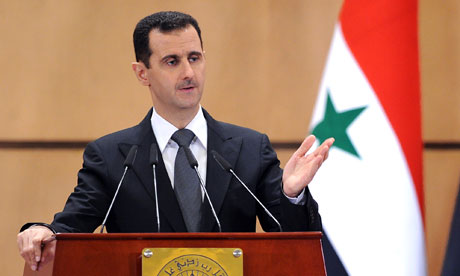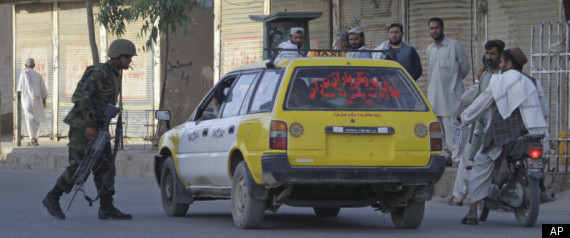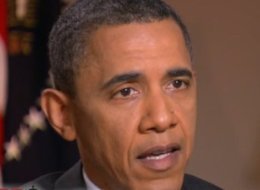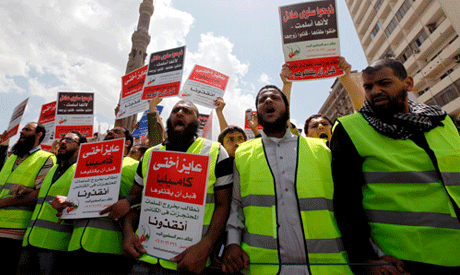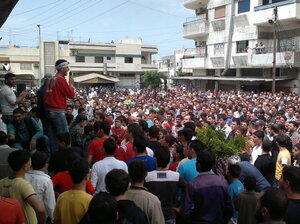Violence was barely seen on the first day of the parliamentary elections, but there were other violations, many of which were linked to the Muslim Brotherhood
The first day of the maiden post-revolution parliamentary elections witnessed several drawbacks and violations across the nation, most of which were reportedly committed by the Muslim Brotherhood. Yet, it is fair to say that, on the whole, the ballot opener turned out to be way better than initially expected.
The elections got underway on 28 November as scheduled, in spite of political turmoil and further deteriorating security in Egypt in the wake of severe clashes that took place between protesters and Central Security Forces, and lasted for days in Tahrir Square and surrounding streets this month.
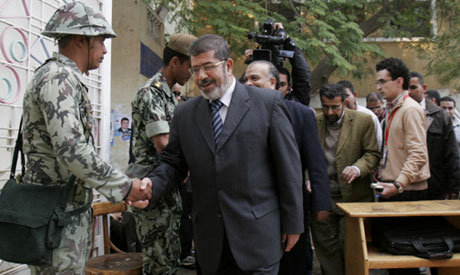 |
| Muslim Brotherhood spokesman Mohammed Morsi shakes hands with a solider on the first day of parliamentary elections in Cairo, Egypt, Monday, Nov. 28, 2011 (Photo: AP) |
Last week’s bloody clashes, which saw over 40 killed and several thousand injured, significantly intensified revolutionaries’ calls for the Supreme Council of the Armed Forces (SCAF) to immediately hand over power to a national salvation government led by presidential hopeful Mohamed ElBaradei.
The anti-SACF demonstrators believe a parliament under the ruling SCAF would have no real constitutional authority and insisted the military rulers had to step down before elections. Subsequently, they joined the current Tahrir Square sit-in that up until yesterday consisted of many thousands, boycotting the polling.
As police forces used batons, tear gas and even live ammunition against pro-democracy demonstrators during the confrontations, many also demanded the postponement of the ongoing elections, saying security has to improve first in order to ensure transparency and safety of the ballot.
COMMENTARY: Today saw the first election in the post-Mubarak era and all Egyptian's should be very proud. No matter whether these elections are completely fair or not, this is a first step toward freedom and choice for the people of Egypt.
In listening to various interviews with citizens of Egypt on the BBC this afternoon. Most, even those that were apprehensive, felt that they needed to vote just so that they could say that they voted and made their choice. If it turns out that the election plagued with corruption, they can continue protesting and pushing for governmental and electoral reforms. My heart goes out to them and I hope that they achieve all that they hoped from these elections. God Bless Egypt!

